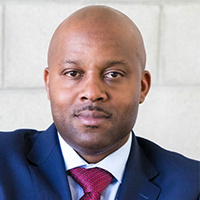Pico Rivera White Collar Crime Lawyer, California, page 2
Sponsored Law Firm
-
 x
x

Click For More Info:
-
Lessem, Newstat & Tooson, LLP
3450 Cahuenga Blvd W Unit 102 Los Angeles, CA 90068» view mapCriminal Defense Your Fight Is Our Fight.
Our team is ready to represent individuals in need of strong, aggressive personal injury or criminal defense as it pertains to one's mental health.
800-805-4781
Jerry Alan Behnke
Litigation, Federal Appellate Practice, White Collar Crime, Criminal
Status: In Good Standing Licensed: 29 Years
Mark Jacob Werksman
Federal Appellate Practice, Gift Taxation, White Collar Crime, Criminal
Status: In Good Standing Licensed: 39 Years
Tracy Green
Litigation, Health Care Other, White Collar Crime, Administrative Law
Status: In Good Standing
Craig Wilke
White Collar Crime, RICO Act, Felony, Civil Rights
Status: In Good Standing Licensed: 34 Years
FREE CONSULTATION
CONTACTBelinda Martinez Vega
Litigation, Employee Rights, White Collar Crime, Antitrust
Status: In Good Standing Licensed: 24 Years
Craig Martin Wilke
Litigation, Federal Appellate Practice, White Collar Crime, Criminal
Status: In Good Standing
 J. Tooson Los Angeles, CA
J. Tooson Los Angeles, CA Practice AreasExpertise
Practice AreasExpertise
